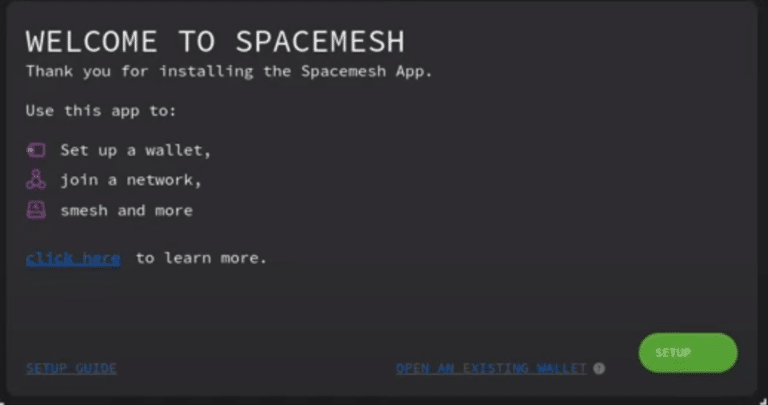Mining cryptocurrencies has become a popular way to earn passive income, but it can be difficult to understand the intricacies of mining pools. In this guide, we will dive deep into mining pools, how they operate, and how they collaborate to mine cryptocurrencies like Bitcoin.
What are Mining Pools?
A mining pool is a group of miners who combine their computational resources to improve their chances of successfully mining a block and receiving the associated rewards. By working together, miners in a pool can receive more consistent payouts compared to mining individually.
Why Do Miners Join Mining Pools?
- Consistent Payouts: Mining pools offer more frequent and consistent payouts compared to solo mining.
- Reduced Variability: Mining pools reduce the variability of mining rewards, which can be unpredictable and infrequent when mining alone.
- Shared Resources: Miners in a pool share their computational resources, increasing their combined mining power and chances of mining a block.
- Lower Costs: By pooling resources, miners can save on electricity and hardware costs.
How Do Mining Pools Work?
The Role of Hashing Power
The more hashing power a mining pool has, the better its chances of mining a block. Each miner contributes their individual hashing power, and rewards are shared proportionally based on the amount of power contributed.
Block Rewards and Fee Distribution
When a mining pool successfully mines a block, the block reward and transaction fees are distributed among the pool members. The distribution is typically based on the proportion of hashing power each miner contributed to the pool.
Types of Reward Distribution Methods
Different mining pools use different methods to distribute rewards. Some common methods include:
- Pay-Per-Share (PPS): Miners are paid for each share they submit, regardless of whether the pool mines a block.
- Proportional (PROP): Rewards are distributed proportionally based on the number of shares each miner contributes.
- Score-Based: Miners are rewarded based on the “score” of their shares, which takes into account the time and difficulty of submitted shares.
How Do Mining Pools Collaborate?
Miners in a pool work together by sharing their computational resources to solve cryptographic puzzles. These puzzles are required to validate and process transactions on a blockchain. When a block is solved, the mining pool shares the rewards among its participants.
Communication with Mining Software
Mining pools use specialized software to communicate with their members and coordinate their efforts. This software ensures that each miner’s work is accounted for and that rewards are distributed fairly.
Pool Hopping
Some miners may choose to “hop” between mining pools, joining a pool with a higher chance of mining a block and then moving on to another pool once the block is mined. This practice can be controversial, as it may lead to uneven rewards distribution among pool members.
Advantages and Disadvantages of Mining Pools
Advantages
- Higher chances of earning rewards: Mining pools increase the likelihood of earning block rewards due to their combined hashing power.
- More consistent payouts: Mining pools offer more consistent and frequent payouts compared to solo mining.
- Lower costs: Miners can save on electricity and hardware costs by pooling resources.
Disadvantages
- Centralization concerns: Large mining pools can potentially control a significant percentage of a blockchain’s hashing power, raising concerns about centralization.
- Pool fees: Mining pools may charge fees to cover operational costs, reducing miners’ earnings.
How to Choose a Mining Pool
When selecting a mining pool, consider the following factors:
- Reputation: Look for well-established mining pools with a history of reliability and trustworthiness.
- Fees: Compare the fees charged by different mining pools to maximize your earnings.
- Reward Distribution Method: Consider the pool’s reward distribution method to ensure it aligns with your preferences.
- Location: Choose a mining pool with servers located near you to reduce latency and improve mining efficiency.
Conclusion
Mining pools play a crucial role in the cryptocurrency mining ecosystem. By joining forces, miners can increase their chances of earning rewards and reduce the costs associated with mining. Before joining a mining pool, consider its reputation, fees, reward distribution method, and server location to make an informed decision.
For more information on mining and related topics, check out these resources on cloud mining, hosting, and consulting. Additionally, don’t miss our informative blog posts on cloud mining for you, guide to mining, and sustainable crypto mining.






